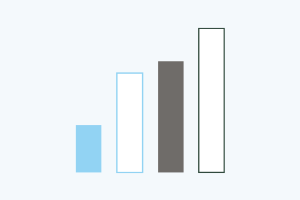We’ve received numerous questions about our inflation outlook over the past few weeks. In some cases, it seems investors are beginning to throw in the towel on traditional asset classes in favor of more inflation-sensitive areas like commodities, real assets, and managed futures, which have had a good run as of late. Before making wholesale changes to portfolios, though, it’s important to understand where inflation may be headed, as opposed to where it’s been.
Headlines are telling us that the Fed let things get out of control, with inflation at its highest level in 40 years and stagflation right around the corner. I would argue that the consensus on inflation could be wrong, mostly because the numbers are suggesting that things have already peaked and will probably moderate as the year progresses. So, let’s have a look at the data and cut through the headlines.















